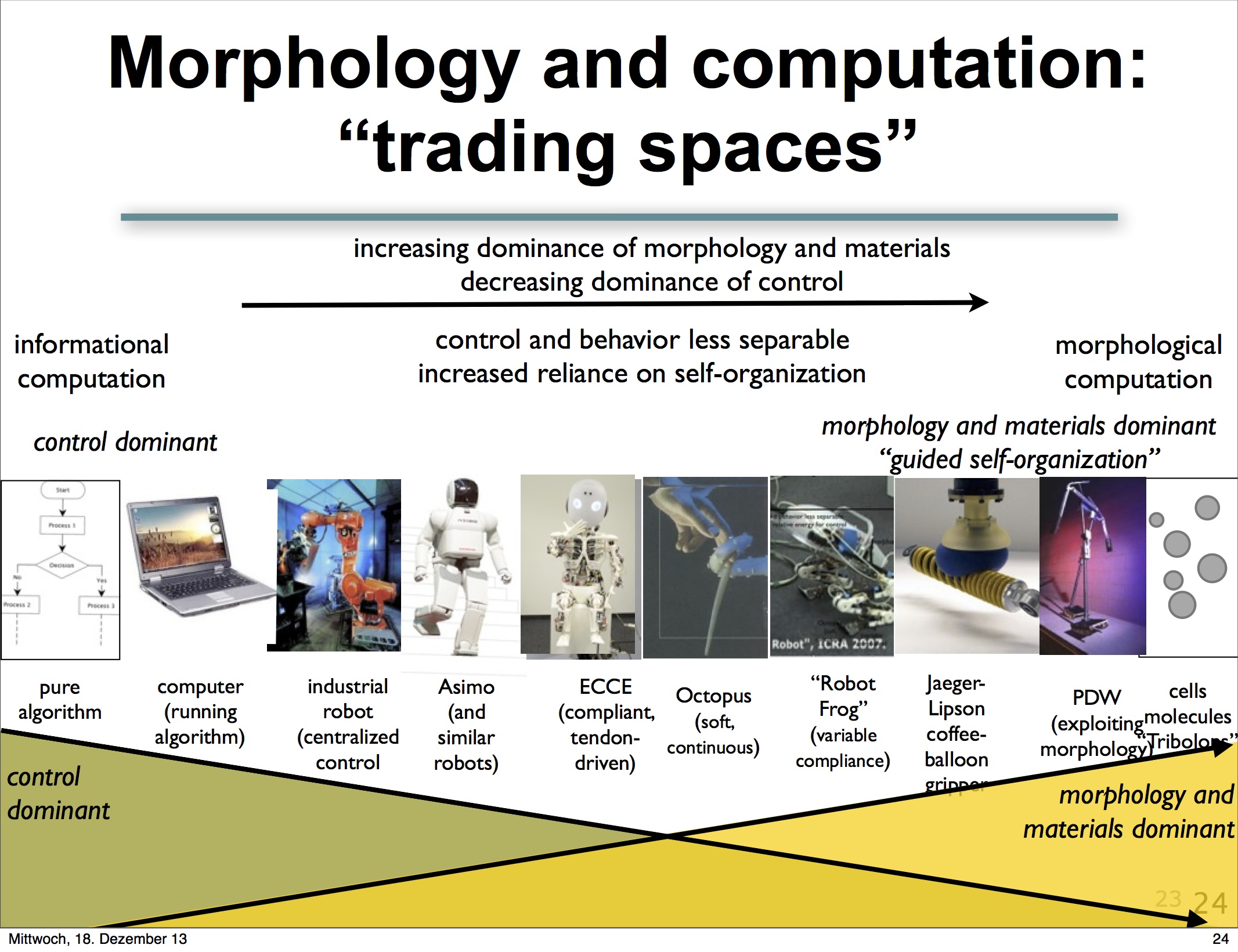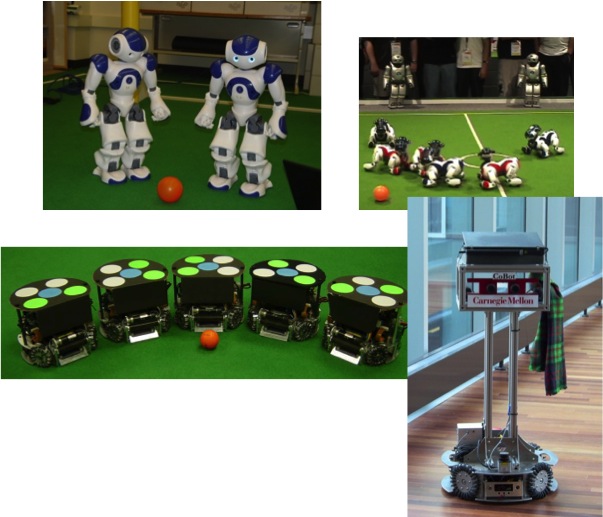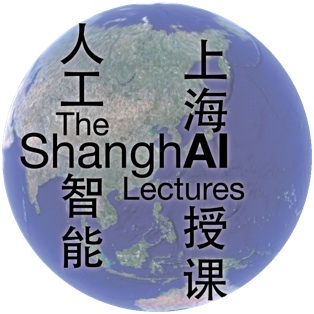
Robohub.org
ShanghAI Lectures 2013, Lecture 10 – Future Trends
This week we publish the tenth and last of the ShanghAI Lectures 2013 Edition on Robohub. We have been releasing a new lecture from this series on Monday for several weeks and this is the last one. Please use the comments section below to send us your questions, and we will do our best to respond! You can learn more about the ShanghAI lectures here. Stay tuned for the 2014 Edition! And more later…on RoboHub!
Lecture 10: Future trends
This lecture, which I hosted at the from the University Carlos III of Madrid, Spain, recaps the whole 2013 series and looks at the future of AI, Robotics and …the Shanghai Lectures themselves :-)
“How the body shapes the way we think – principles and insights ” by Rolf Pfeifer

In yet another great lecture, Rolf summarizes the main ideas and concepts we have reviewed in the Shanghai Lectures. Check here for his thought-stimulating insights:
Guest lecture: “Autonomous Service Robots that Can Ask for Help” by Manuela Veloso

In this guest lecture Prof. Manuela Veloso, very appropriately H. A. Simon Professor at Carnegie Mellon University, gives us a compressed survey of her research. She also shows us how we may work around current limitations of AI and Robotics by simply letting robots ask for our help! What does she mean by this? Watch her lecture here:
Manuela Veloso is President of AAAI, past president of the RoboCup Federation, and a fellow of IEEE, AAAI and AAAS.
That’s all, folks, for 2013! Stay tuned, the best is yet to come!
About the ShanghAI Lectures

While in the classical approach “intelligence” was essentially viewed as information processing taking place in the brain, the more recent insight that interaction with the environment is of central importance is gaining acceptance. This has led to the metaphor of embodiment, i.e., that intelligence is always a property of an entire organism — an idea that has far-reaching implications and often leads to surprising insights, but which has not so far been widely exploited in industry practice.
The ShanghAI Lectures project aims to:
- Build a sustainable community of students and researchers in the area of Embodied Intelligence
- Make education and knowledge on cutting-edge scientific topics accessible to everyone
- Explore novel methods of knowledge transfer
- Overcome the complexity of a multi-cultural and interdisciplinary learning context
- Bring global teaching to a new level
These lectures about Natural and Artificial Intelligence have been held via videoconference at the University Carlos III of Madrid in Spain, the University of Zurich in Switzerland, Scuola Superiore Sant’Anna of Pisa, Italy, Humboldt University Berlin in Germany, University of Plymouth and University of Salford in the UK, and 10 other universities around the globe. Students from the participating universities are still working together on the exercises, using Webots by Cyberbotics, and Ludobots by the University of Vermont.
The lectures have also been streamed to allow remote participation to anybody.
The ShanghAI Lectures differ from ‘conventional’ MOOCs as they exploit telecommunication technology to build a global, distributed lecture hall that allows rich interaction rather than simply implementing the good old fashioned TV broadcasting model on a different medium. They also differ from other AI courses as they propose a new paradigm approach to embodied cognition (a.k.a. AI and Robotics). It is a kind of Copernican revolution with respect to GOFAI and its robotics application — and thus a research program for the coming decades.
This year I coordinated the lectures, with help from Prof. Rolf Pfeifer and Dr. Nathan Labhart at the University of Zurich . Rolf Pfeifer and I provided the context (introduction, moderation, and conclusion). As always, there were 2-3 invited guest lectures each week.
tags: c-Research-Innovation, Embodied Cognition, Manuela Veloso, Rolf Pfeifer, ShanghAI Lectures 2013





